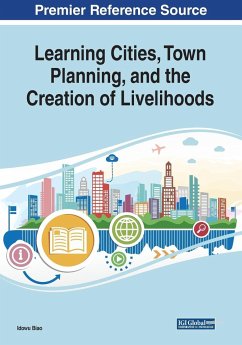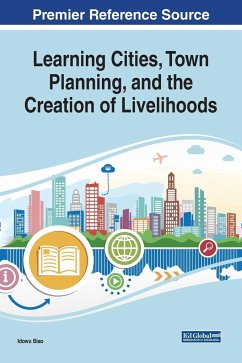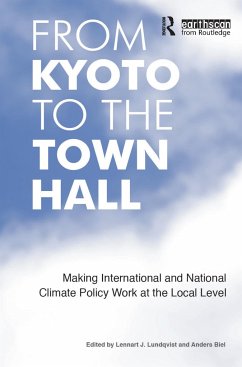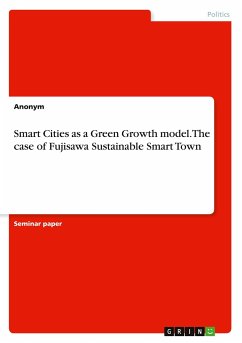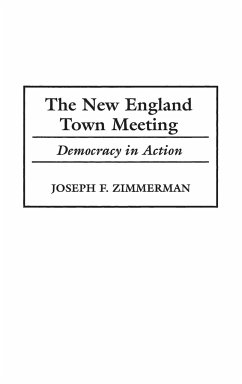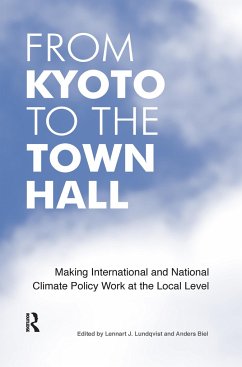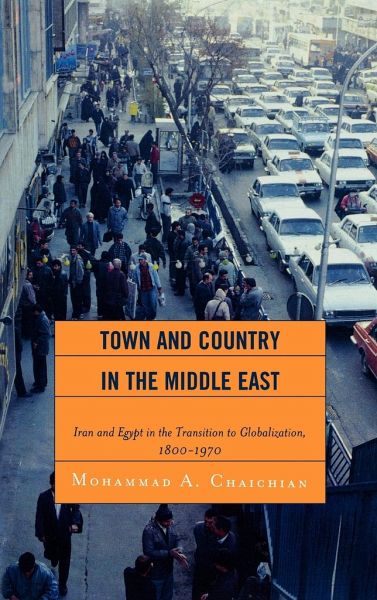
Town and Country in the Middle East
Iran and Egypt in the Transition to Globalization, 1800D1970
Versandkostenfrei!
Versandfertig in 1-2 Wochen
118,99 €
inkl. MwSt.

PAYBACK Punkte
59 °P sammeln!
This book examines urbanization in Iran and Egypt related to each nation's unique colonial history based on extraction and production of oil in Iran and cultivation of cotton in Egypt for world markets. Using Tehran and Cairo as the two hyper-urbanized cities, Chaichian documents development of divergent patterns of rural-urban migration, urban hierarchies, and employment structures from the early nineteenth century up to the 1970s when a global economy based on flexible production of consumer goods started to take shape.



